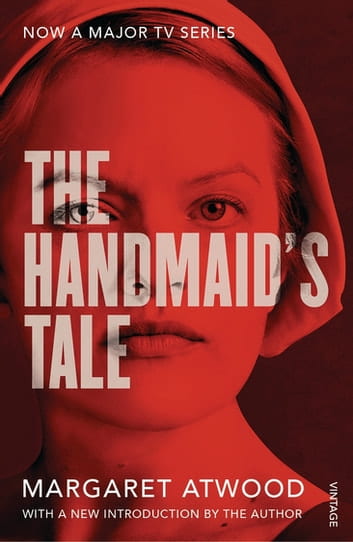For the last project in 2023, we learned about the history, ideas, and significance of feminism in modern society. Through conceptual art, we presented our learning in the winter exhibition. Without further ado, I’ll share my journey in this project and the thoughts and wonder it sparked.
About the project
What is feminism about?

(Picture Source)
“A feminist is a person who believes in the power of women just as much as they believe in the power of anyone else.“
—Zendaya.
Initially, I thought feminism was only about women fighting for their rights and their voices to be heard; however, I soon realized that feminism is not only about women. At its core, feminism is fighting for a more just society, a world where people are not discriminated against based on their self-identity or assigned sex at birth. In reality, it is about equality in payment, work conditions, and respect that is often overlooked. According to the Pew Research Centre, American women typically earn 82 cents for every dollar men earn. Additionally, women reported a higher probability than men of being harassed at work, quoting Statistics Canada. After all, feminist ideas were never about getting that 20 more cents but rather about creating a more equitable society for everyone.
The Learning Journey
Significant Keystone for this Project — The Handmaid’s Tale

(Picture Source)
Beyond researching on the internet, we have read a dystopian novel to understand our society better. My reading group, Ryan, Ryder, Jakub and I, studied The Handmaid’s Tale by Magaret Atwood, a fictional, dystopian novel set in the early 2000s. A key takeaway from this book was that our civilization society doesn’t grow on hatred, fear, or divinity but rather on collaboration, unity, and respect. Men versus women, white versus coloured, old versus young, all of these are artificial divisions created by some people for their benefit, to manipulate our worldviews into “one of us” or “one of them.” Quoting Martin Luther King, “Hate cannot drive us out of hate; only love can do that.” Through The Handmaid’s Tale, Margaret Atwood taught me the significance of respect and diversity.
(Check my Backgrounders and Journals for a more detailed analysis)
Final Product — Conceptual Art

For this project, we used conceptual arts to present our learning. My conceptual art, the Black Society, intends to provoke a cannon shot effect on the audience by showcasing how our society, similar to the black market, is exploiting and objectifying women with falsely rooted stereotypes and stigmas. A key element in my station, perhaps the spirit of the theme, is a Barbie girl hanging from the ceiling. In this case, the nuce executing the women was a pretty necklace, symbolizing society’s experience and standard of beliefs. A quote from The Handmaid’s Tale by Margaret Atwood inspired the creation of this art:
“I have given myself over into the hands of strangers because it can’t be helped.“
The quote expresses the loneliness and helplessness of women in the fictional Republic of Gilead, a dystopian society that suppresses women’s rights and freedom; such feelings and characteristics echo and reflect the world we live in today. Through the contrast between the black market’s monetary appreciation (for their organs) and society’s ignorance of women’s contribution to our civilization, my art argues that the black market values women more than we do.
My feedback from the exhibition, however, was mostly silence. Ryder and Jakub’s red-dimmed lights and the hanging Barbie and human organs made my station one of the scariest, if I may say so myself. “Dark, but true to some extent,” I remember one of my audiences said that. The purpose of this art to raise public awareness of the ongoing discrimination and prejudice women face today. Although I don’t expect my art to change one’s worldview immediately, I hope my art has planted a seed for a more just society in my audiences’ minds.
Thoughts behind the themes

(Picture Source)
Learning about dystopian societies from The Handmaid’s Tale made me wonder what a perfect utopian society should look like. In that ideal world, no one is judged because of their sex assigned at birth or their identity. In that ideal world, anyone can achieve their dreams without discrimination or limitation because of who they are. In that ideal world, everyone is happy as the division and tension among us are seized. I thought about the present while imagining the great thing that could happen. I started wondering what can we do to make that dream come true. Globalwide protests to capture our attention? Or reinforcement in feminist organizations to ensure their voices are heard? I am not sure how to be honest. One way or another, I believe we, as a whole, can only achieve, or get closer to, a utopian society by resolving imperfectness in our society, and that must be an ongoing action.







